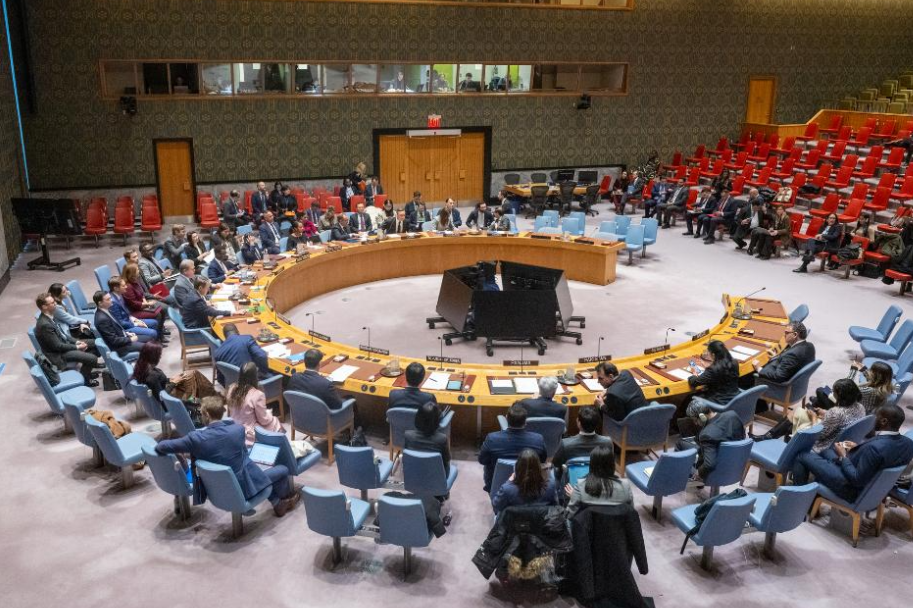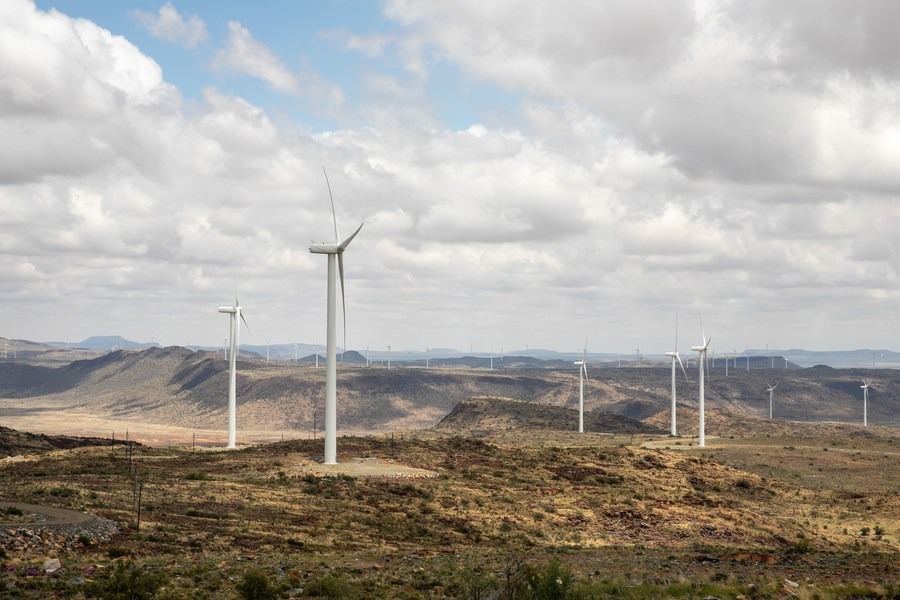Europe to ban halogen lightbulbs

The European Union is set to ban the use of halogen light bulbs and households are expected to switch to more energy efficient lights, starting next month.
A continent-wide switchover to light-emitting diodes (known as LEDs) is underway that will slash emissions and energy bills, according to industry, campaigners and experts.
LEDs consume five times less energy than halogen bulbs and their phase-out will prevent more than 15 million metric tons of carbon emissions a year.
The new notification will enforce a ban on the production and import of globe and candle-shaped halogen bulbs. Manufacturers and shop owners will not be allowed to store, import or sell the classic-style halogen lights starting on Sept 1. However, it is not a total ban.
Some oven lights that are halogens will still be permitted for sale, as well as some capsule, linear and low-voltage reflector bulbs.
There is no directive to immediately replace the halogen lights before they stop and can be substituted when the bulbs expire.
Philips, the lighting manufacturer, estimates consumer savings of up to 112 pounds ($144) a year from the switchover because LEDs last much longer than halogens and use far less power.
But the move has stoked a reaction in Britain against interference from Brussels, especially among those who campaigned for Brexit, the nation's exit from the European Union.
Jonathan Bullock, the Ukip party's energy spokesman in the European Parliament, told the Guardian: "The EU's attempt to ban halogen bulbs is wrong because consumers will suffer financially and it's always the poorest who suffer most from these kinds of policies."
"Customers should have the freedom of choice in bulbs and it shouldn't be imposed by the EU."
The average British home has about 10 halogen lamps and uses each lightbulb for around three hours a day, according to government figures from 2012.
It's estimated that buildings account for 40 percent of Britain's energy consumption, and lighting currently accounts for around 15 percent of that. That gives it a carbon footprint higher than aviation and shipping combined.
Eliot Whittington, the director of the Prince of Wales's corporate leaders group, which campaigns on the issue, said: "The science is clear. We can't allow the human costs of climate change to reach the levels they will, if we fail to act. You ban things that threaten public safety and the wasteful use of energy is dangerous for us all in the end."

































